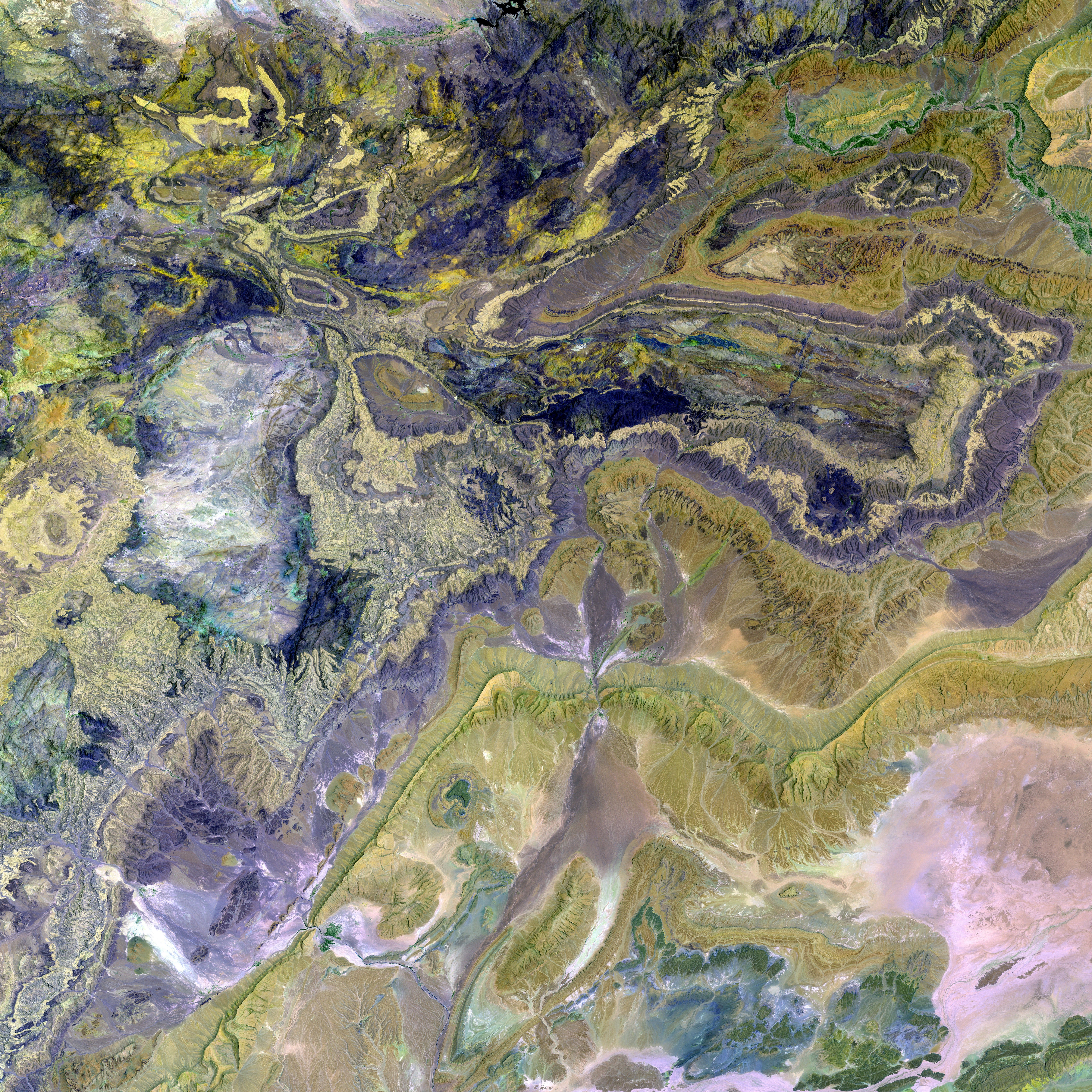Greens Push for Probe on Merkel's Gas Deals with Gazprom over Nord Stream 2
Greens Demand Investigative Committee on Merkel's Russia Diplomacy Policy
Facebook Twitter Whatsapp E-Mail Print Copy Link The Greens bark for the formation of a parliamentary inquiry panel to scrutinize the involvement of ex-Chancellor Angela Merkel (CDU) in transactions with the Russian Gazprom conglomerate. "Without serious parliamentary scrutiny, the issues that remain unanswered today won't be resolved," said Green Party co-head Felix Banaszak to the "Süddeutsche Zeitung" on Monday.
According to the "Süddeutsche Zeitung's" investigative research, then-Chancellor Merkel, despite internal cautions and Russia's annexation of Crimea, failed to intervene in the sale of German gas storage facilities in 2015 to the Russian state conglomerate Gazprom. This revelation emerges from internal documents from the Chancellor's Office, obtained by the newspaper after a legal battle.
"Firstly, the fact that only after extensive research do we now see the light of day on Angela Merkel's commitment to Nord Stream 2 demonstrates that there are secrets about political decisions and thus about responsibility for the greatest energy, economic, and foreign policy damage in the history of the Federal Republic, hidden away in well-guarded files," said Green Party leader Banaszak.
Secondly, those involved and their cronies apparently neither possess the willingness nor the guts to provide transparency themselves. But without a deeper understanding, one would be denying the parliament and the public the opportunity "to learn from these mistakes for the future," said Banaszak. His own inquiries to the Chancellor's Office and the Federal Ministry of Finance were "pathetic, unsatisfactory, and clearly incomplete."
The Green politician Michael Kellner, Parliamentary State Secretary in the Federal Ministry of Economics and Energy until the government change, told the newspaper that the "flimsy structure" of the allegedly private economic project Nord Stream had finally crumbled with the insights from the "SZ" file inspection. "Angela Merkel knew about the risks and deliberately turned a blind eye," said Kellner. "In this way, she did not fulfill her oath of office to protect the country from harm."
According to documents from the Chancellor's Office, Merkel was informed in writing on September 2, 2015, that there should be an "asset swap" in the context of BASF/Wintershall's participation in the planned gas pipeline Nord Stream 2. Gazprom was to receive a share in the gas trade in Germany, and the BASF subsidiary Wintershall a share in gas fields in West Siberia.
The Chancellor's Office responded, according to "SZ," that it saw no legal basis for prohibiting the transaction, although it acknowledged the risks internally: "Through control of important gas storage facilities (filling, functionality), Gazprom will be directly responsible for the supply security of customers."
Under current circumstances, there is no active investigation into Angela Merkel's role in Nord Stream 2 deals as demanded by the German Greens. However, the Greens have faulted Merkel for Germany's dependence on Russian gas, which includes the Nord Stream pipeline projects[1]. The criticism is part of broader concerns about Merkel's energy policies, particularly following the Russian invasion of Ukraine, which highlighted Germany's reliance on Russian energy sources[2][3].
If such an investigation were to take place, it would likely focus on the decision-making process behind the Nord Stream 2 project, the economic and geopolitical implications of this dependence on Russian gas, and whether Merkel's policies adequately addressed these concerns.
- The demand for a parliamentary inquiry on Angela Merkel's gas deals with Gazprom over Nord Stream 2, initiated by the Greens, is amplified across various community platforms, such as Facebook and Twitter, due to concerns about the potential impact of industry-related policy-and-legislation on employment and the economy.
- The Green Party's leader, Banaszak, emphasizes the importance of this investigation, stating that it would provide insights into the role of finance within Germany's energy and foreign policy, and expose any potential inadequacies in the past employment policy that resulted in reliance on Russian energy sources.
- The energy sector, characterized by its connections to politics and general news, remains a topic of interest as the outcome of such an investigation could shape future employment policies and potentially impact the energy sector's financial stability.







